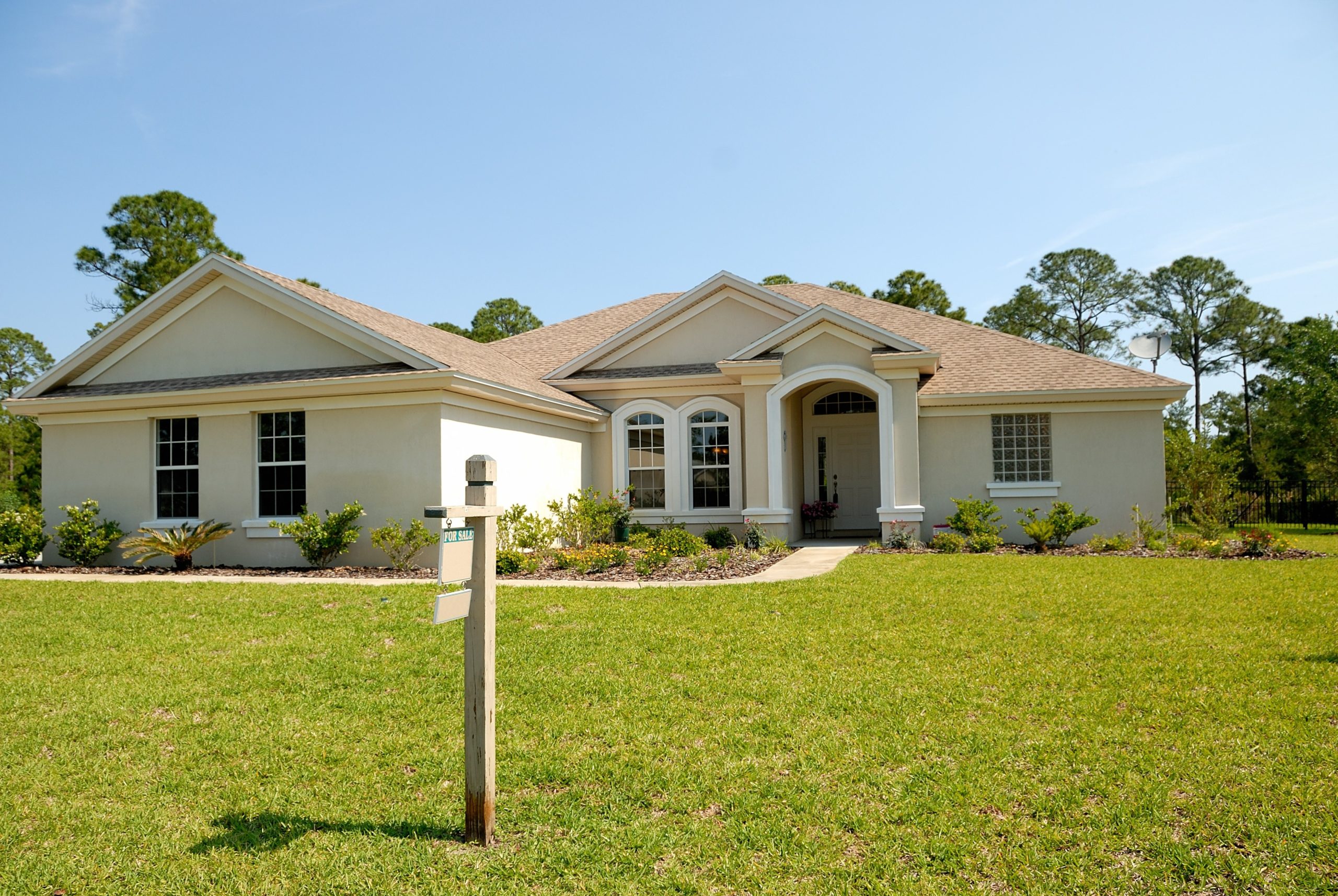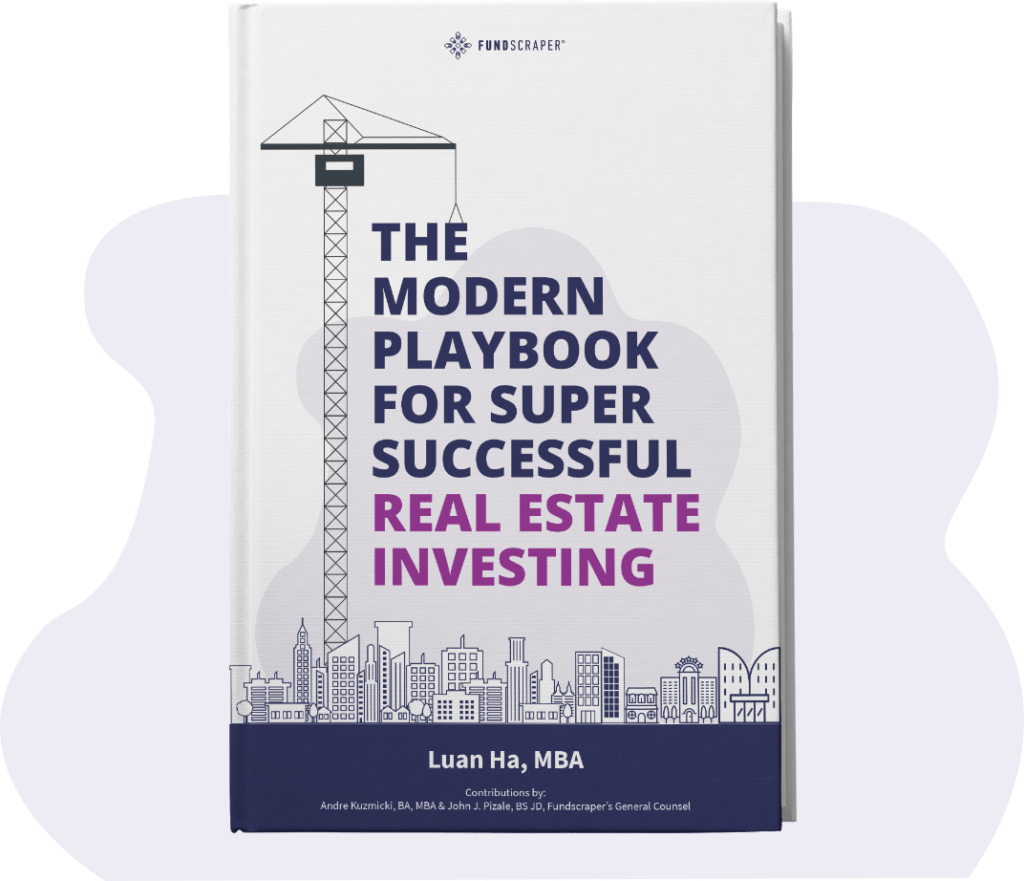A building is not valued on its brick and mortar but its cash flow. It is the subtlety in commercial real estate investing that “cash flow” and, ultimately, the net operating income of a property that is the hallmark of its value. Welcome to our investing in commercial real estate for beginners!
Key Points
- The cornerstone of a commercial real estate investment is the cash that is generated by the commercial leases entered into by tenants with the landlord.
- Whether it be for office or retail space, it is the cash after expenses generated over the long term from commercial properties that attracts the savvy investor.
- A building’s value is assessed by the size of its net operating income relative to other buildings in its geographic area.
So You’re Interested in Commercial Real Estate Investing? (Canada)
We’ve spoken before often about the need for diversification in one’s investment portfolio. Diversification attempts to mitigate investment risk by spreading one’s investment eggs in more than one basket. This helps grow your nest egg to help achieve your retirement goals. We’ve also spoken about how private market investment in real estate property can anchor anyone’s portfolio against the unpredictable headwinds of the public markets. We’ve often touted the benefits of private real estate investment, whether it be in residential properties, through private mortgages, REITs composed of commercial buildings, investment funds, etc.
The cornerstone of a commercial real estate investment is the cash that is generated by the commercial leases entered into by tenants with the landlord. Whether it be for office or retail space, it is the cash after expenses generated over the long term from commercial properties that attracts the savvy investor. A building’s value is assessed by the size of its net operating income relative to other buildings in its geographic area.
Commercial real estate investing in Canada has many unique elements that investors should consider when readjusting their investment portfolios.
Different Ways of Investing in Commercial Real Estate (Canada)
Determining relative value is a function of what we refer to as the “cap rate.” The capitalization rate is used in the world of commercial real estate to indicate the rate of return that is expected to be generated on a real estate investment property. This measure is computed based on the net income which the property is expected to generate and is calculated by dividing net operating income by property asset value. It’s expressed as a percentage, i.e., the cap rate. It is used to estimate the investor’s potential return on their investment in the real estate market. Established markets will determine cap rates for various market segments in various geographic locations at various times. It is a very fluid relative score of value. By mathematical operation, the lower the cap rate, the higher in value will be the cash flow and, in turn, the value of the property.
This is how we explain why a small coffee shop in Toronto’s Kensington Market is worth more than a vacant four storey building in Timmins, Ontario. There are lots of coffee shops in downtown Toronto. There is a regular market for folks buying and selling coffee shops. How much people are willing to spend to obtain a desired cash flow (and potentially a monthly cash flow) will be reflected ultimately in the sale price of the property. Therefore, if we divide the net operating income of a particular coffee shop by the purchase price, we arrive at the “cap rate.” When we do that repeatedly over numerous transactions in a given area, we will derive an approximate cap rate for coffee shops!
The lower the cap rate, the higher in value will be the cash flow and, in turn, the value of the property.
Let’s presume the cap rate for a coffee shop in downtown Toronto is 6%. This is actually a low cap rate suggesting that the coffee shop business is pretty lucrative. The coffee shop we want to buy is in a dilapidated house on a postage stamp size piece of real estate in a crowded corner of the market. It has an annual gross income of $300,000, less expenses (including property taxes) of 40% leaving us an annual net income of $180,000 per year. If we take the net income and divide it by the cap rate, the value of the property is $3,000,000! We don’t care what the house is worth; it’s the cash flow!
Our vacant four storey commercial building with thousands of feet of commercial space in Timmins, Ontario, has no income. Though the brick and mortar of the four storey commercial building may represent a million dollars of construction material, if it is not generating income, it’s worth is only the land and the salvage costs of the building.
Therefore, good commercial real estate investment is all about cash flow. And there are a variety of ways of getting into good commercial real estate. Real estate investment trusts (REITs) are the favourite way most Canadians invest in commercial real estate. Actually buying office space and letting it out on a “triple net lease” basis (i.e., the tenant is responsible for ALL costs of the space) is one way a few individuals of high net worth enter the property market.
Good commercial real estate investing is all about cash flow.
Learning How to Invest in Commercial Real Estate the Smart Way
- Solid return over the long haul: Investors in commercial real estate typically receive steady cash flow for their investments, with income generally distributed annually, quarterly or even monthly. That’s because high occupancies and predictable rents often provide the steady cash flow that most investors are looking for. In North America over the last 25 years, average return in private real estate investment has hovered around 10% (National Council of Real Estate Investment Fiduciaries (NCREIF))
- No correlated asset: Private real estate investments do not correlate with the public markets. Performance is not linked to publicly traded stocks or bonds.
- Commercial real estate is a tangible asset: You can visit it, walk through it, run your hand over the walls. It’s real, and you own it.
- Leverage: Commercial real estate can be leveraged. The acquisition, in part, can be financed with mortgage debt, or, if the equity in the property is available, can be leveraged for other investments.
- Tax advantages: There might be unique tax advantages acquiring commercial real estate. If one has purchased well-located properties, those properties should go up in value over time. Yet, for tax purposes, one can depreciate the value of the buildings over time, which helps to reduce yearly taxable income. The net effect is that the investor is depreciating for tax purposes what should turn out to be an appreciating asset for investment. Not many asset classes provide this benefit.
- Inflation hedge: Commercial property investment is a common inflation hedge. As inflation forces prices rise, so do commercial leases as property rents can be repeatedly adjusted to with inflation. All other things being equal, the return on stocks and bonds will actually diminish in an inflationary environment.
Commercial real estate investment is not the type of investment for all real estate investors. We encourage people who want to learn more to pick up commercial real estate investing books and discover what the pros know. Anything that delivers a solid predictable return, is a non-correlated asset, is tangible, and has possible tax advantages is definitely worth a glance.
Start Investing in Real Estate Backed Investments Today
Explore the investments available on Fundscraper.










